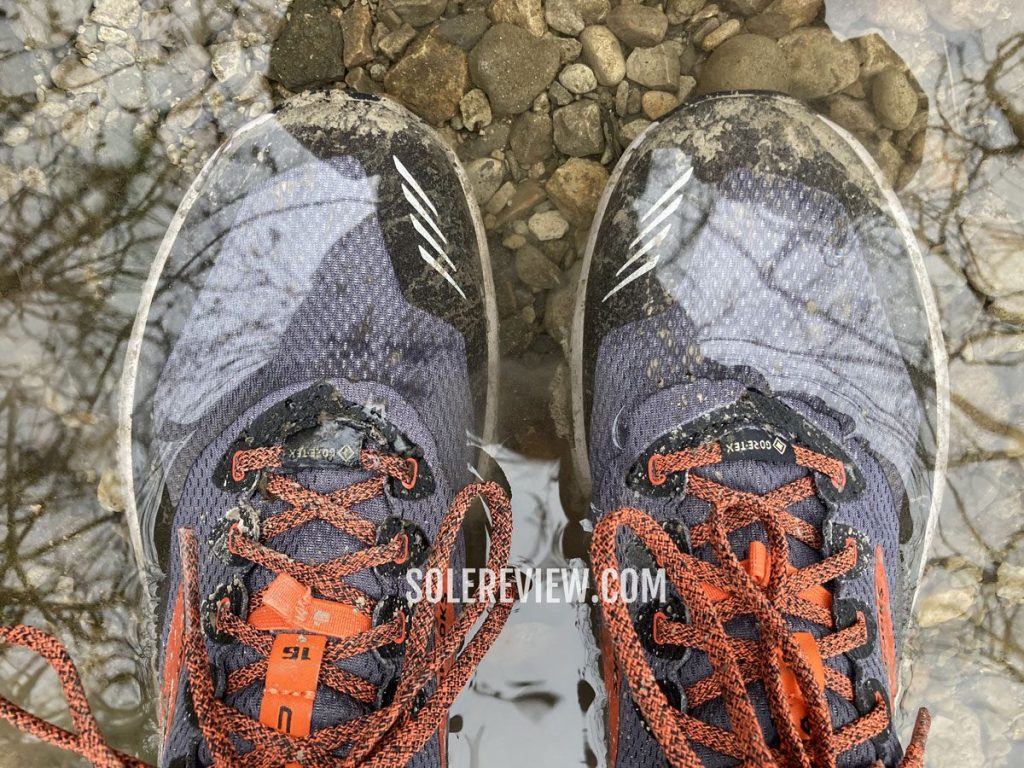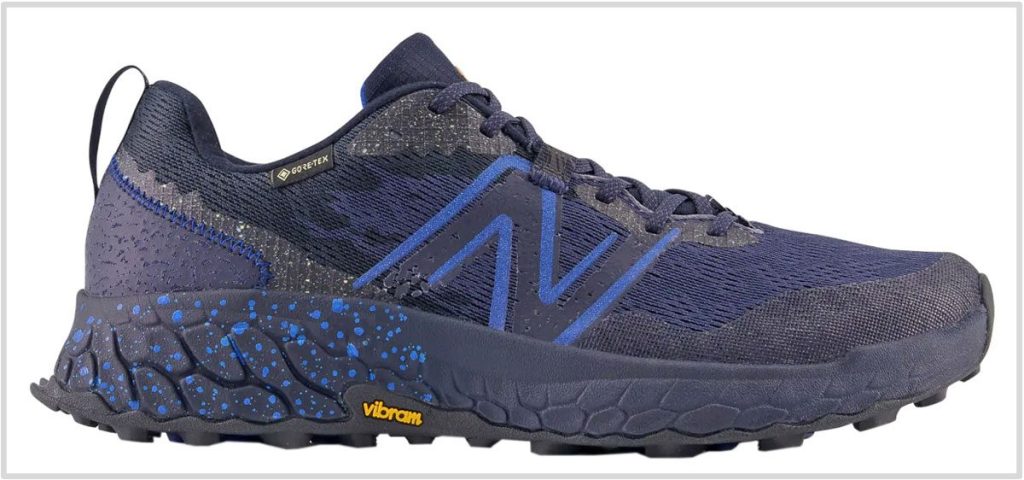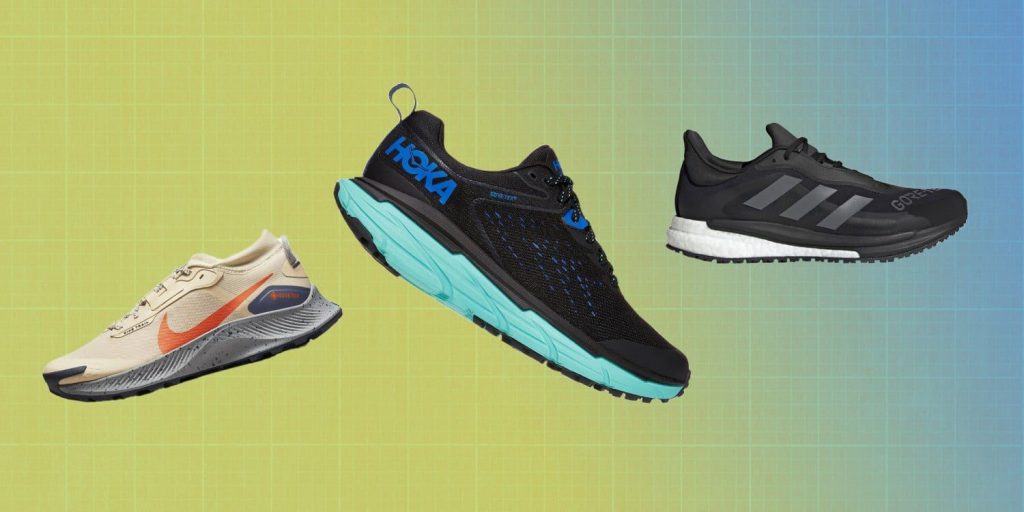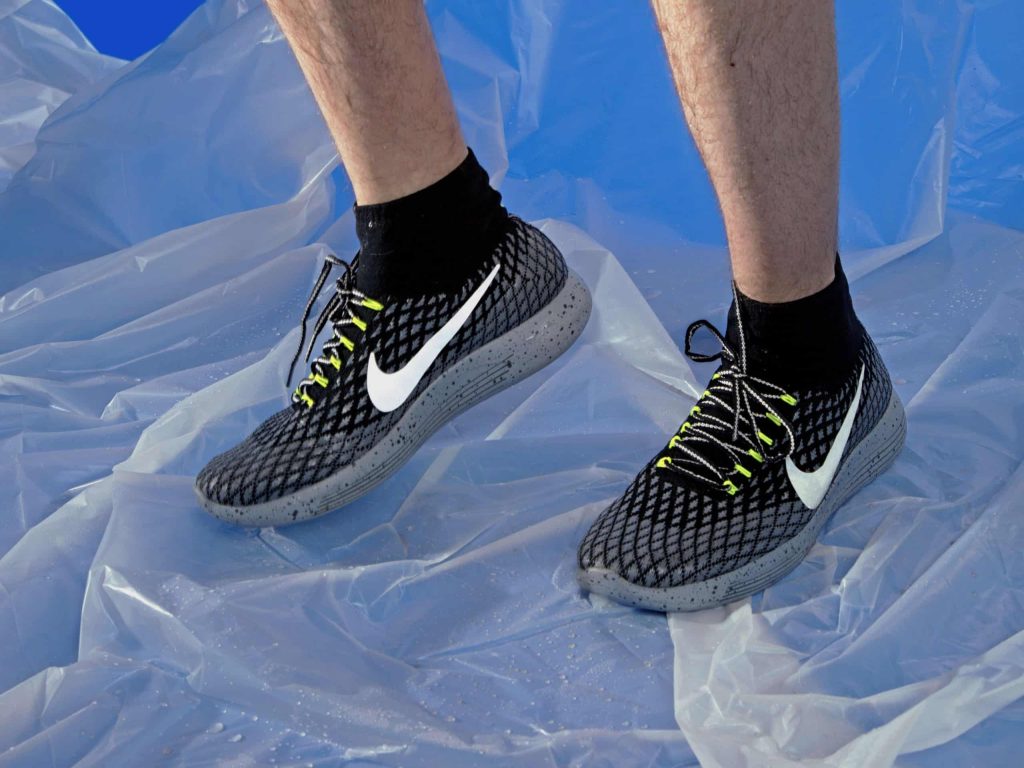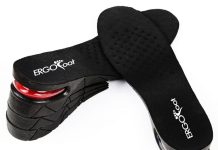If you are an avid runner or enjoy the occasional jog, you may have pondered the question: Are waterproof running shoes worth it?
With the increasing popularity of waterproof footwear, it is essential to weigh the pros and cons.
While keeping your feet dry during wet runs may be tempting, there are certain factors to consider before investing in these specialized shoes.
Factors to Consider
When it comes to choosing the right pair of running shoes, there are several factors that you should consider to ensure that you make the best choice for your needs.
These factors include durability, comfort, breathability, water resistance, temperature control, cost, running environment, foot type, running style, and frequency of use.
By considering all of these factors, you can find a pair of running shoes that will provide you with the support and performance you need to reach your running goals.
Durability
Durability is an essential factor to consider when choosing running shoes, as you want a pair that will withstand the demands of your runs. The durability of a shoe depends on several factors, including the materials used, construction, wear and tear, and longevity.
Materials Used
The materials used in the shoe’s construction significantly affect its durability. High-quality materials such as synthetic leather, nylon, and rubber are often used in running shoe construction to balance durability and flexibility.
Construction
The construction of the shoe also contributes to its durability. Look for shoes with reinforced stitching, sturdy overlays, and durable outsoles to ensure that they can withstand the impact and stress of running.
Wear and Tear
Regular running can cause wear and tear on your shoes, so choosing a pair that can handle the pressure is essential. Look for shoes with reinforced toe caps and durable uppers to protect against abrasion and prolong the shoe’s lifespan.
Longevity
The longevity of a shoe is another important consideration. Some shoes may break down faster than others, especially if not designed for heavy use. Consider the average lifespan of the shoe based on reviews and choose a pair that will last for the duration of your training program or intended use.
Comfort
Comfort is essential for running shoes, as it can significantly impact your overall running experience. Several factors contribute to the comfort of a shoe, including fit and sizing, cushioning, arch support, and weight.
Fit and Sizing
Proper fit and sizing are crucial for comfort. Ill-fitting shoes can result in discomfort, blisters, and even injury. Take the time to measure your feet, and choose a shoe that provides a snug yet comfortable fit.
Cushioning
Cushioning is designed to absorb the shock of impact and provide a plush surface for your feet. Look for shoes with adequate cushioning, whether in foam, gel, or air pockets, to provide a comfortable and cushioned ride.
Arch Support
Arch support is significant for runners with flat feet or high arches. Look for shoes that offer appropriate arch support to promote proper alignment and reduce the risk of injury.
Weight
The weight of a shoe can also impact comfort. Runners generally prefer lightweight shoes, allowing faster and more efficient movement. However, balancing weight and cushioning is essential to ensure optimal comfort and performance.
Breathability
Breathability is another crucial factor, especially if you plan on running in hot and humid conditions. Proper airflow and ventilation can help prevent your feet from overheating and keep them dry throughout your run.
Fabric and Upper Design
The fabric used in the shoe’s upper construction can significantly affect its breathability. Look for shoes made with breathable mesh or perforations that allow air circulation, keeping your feet cool and comfortable.
Ventilation Systems
Some running shoes feature specialized ventilation systems, such as mesh overlays or air channels, that enhance breathability. These systems can help regulate temperature and wick away moisture, ensuring a more comfortable and dry running experience.
Water Resistance
Water resistance is a crucial factor to consider if you frequently run in wet or rainy conditions. Waterproof running shoes can help keep your feet dry and protected from moisture, reducing the risk of discomfort and blisters.
Waterproof Membranes
Many waterproof running shoes have a waterproof membrane, such as Gore-Tex®, that prevents water from entering the shoe while allowing moisture to escape. These membranes protect against rain and wet surfaces, keeping your feet dry and comfortable.
Seam Sealing
In addition to waterproof membranes, some shoes feature seam sealing to enhance water resistance further. Seam sealing involves treating the seams of the shoe with a waterproof sealant to prevent water from seeping in.
Closure Systems
The closure system of a shoe can also contribute to its water resistance. Look for shoes with secure and adjustable closure systems, such as laces, straps, or buckles, to help keep water out and provide a snug fit.
Temperature Control
Temperature control is essential for both hot and cold weather running. Proper insulation and moisture management can help keep your feet comfortable, allowing you to focus on your run.
Insulation
Insulation is crucial for cold weather running, as it helps retain heat and keeps your feet warm. Look for shoes with insulated linings or specialized materials that provide warmth without sacrificing breathability.
Moisture Management
Moisture management is essential for both hot and cold weather running. Look for shoes with moisture-wicking materials or ventilation systems that can help regulate moisture and prevent excessive sweating, blisters, and discomfort.
Cost
Cost is a practical consideration when it comes to purchasing running shoes. While opting for the cheapest option is tempting, investing in a quality pair of running shoes can provide long-term benefits and prevent potential injuries.
Price Range
Running shoes are available at various prices, ranging from budget-friendly options to high-end performance models. Consider your budget and look for shoes that balance quality and affordability within your price range.
Value for Money
When evaluating the cost of running shoes, it’s essential to consider the value for money. Look for shoes that offer the features and durability you need for your running needs rather than solely focusing on the price tag. Choosing shoes that will last and provide support can be a worthwhile investment in the long run.
Running Environment
The running environment plays a significant role in determining the type of running shoes you should choose. Consider the climate and terrain you primarily run to ensure your shoes can handle the specific conditions.
Climate
If you predominantly run in hot and humid conditions, breathability and moisture management become crucial factors. Look for shoes with excellent ventilation and moisture-wicking properties to keep your feet cool and dry. In contrast, water resistance, and insulation are vital to protect your feet from moisture and maintain warmth if you run in cold or wet conditions.
Terrain
The terrain on which you run can also impact your shoe choice. If you primarily run on roads or paved surfaces, choose shoes with adequate cushioning and shock absorption to protect your joints.
For off-road or trail running, opt for shoes with aggressive traction and stability features to navigate uneven and slippery terrain.
Foot Type
Understanding your foot type can help you find the right running shoe pair that provides optimal support and comfort. The three main foot types are low arch (flat feet), normal arch, and high arch.
Low Arch (Flat Feet)
Runners with low arches or flat feet require shoes with motion control and stability features to provide proper support. Look for shoes with firm midsoles and reinforced arch support to prevent overpronation and reduce the risk of injuries.
Normal Arch
Runners with a normal arch have a neutral pronation pattern and can generally wear a wide range of running shoes. Look for shoes with moderate cushioning and support that suit your other specific needs, such as durability or breathability.
High Arch
Runners with high arches often require shoes with additional cushioning and flexibility. Look for shoes with ample cushioning in the heel and forefoot areas to provide shock absorption and promote a balanced stride.
Running Style
Your running style can impact the type of shoes most suitable for you. Consider whether you have a neutral running style or if you overpronate or underpronate, as this will influence the level of support and stability you require.
Frequency of Use
The frequency at which you plan to use your running shoes should also be considered. How often you run, whether for daily training, occasional runs, or competitions, can influence the type of shoe you choose.
Daily Training
Durability and comfort are crucial factors if you plan to use your running shoes for daily training. Look for shoes with excellent cushioning, durability, and overall support to withstand regular use and provide ongoing comfort.
Occasional Running
For occasional runs or recreational running, versatility and comfort are key. Look for shoes that balance cushioning, support, and durability to ensure a comfortable and enjoyable experience during occasional runs.
Competition
Regarding competition, lightweight shoes that prioritize speed and performance can be advantageous. Look for shoes with excellent responsiveness, traction, and support without adding unnecessary weight.
In conclusion, choosing the right pair of running shoes involves considering multiple factors, such as durability, comfort, breathability, water resistance, temperature control, cost, running environment, foot type, running style, and frequency of use.
By thoroughly evaluating these factors and matching them to your specific needs and preferences, you can find a pair of running shoes that will enhance your running experience and support you every step.


